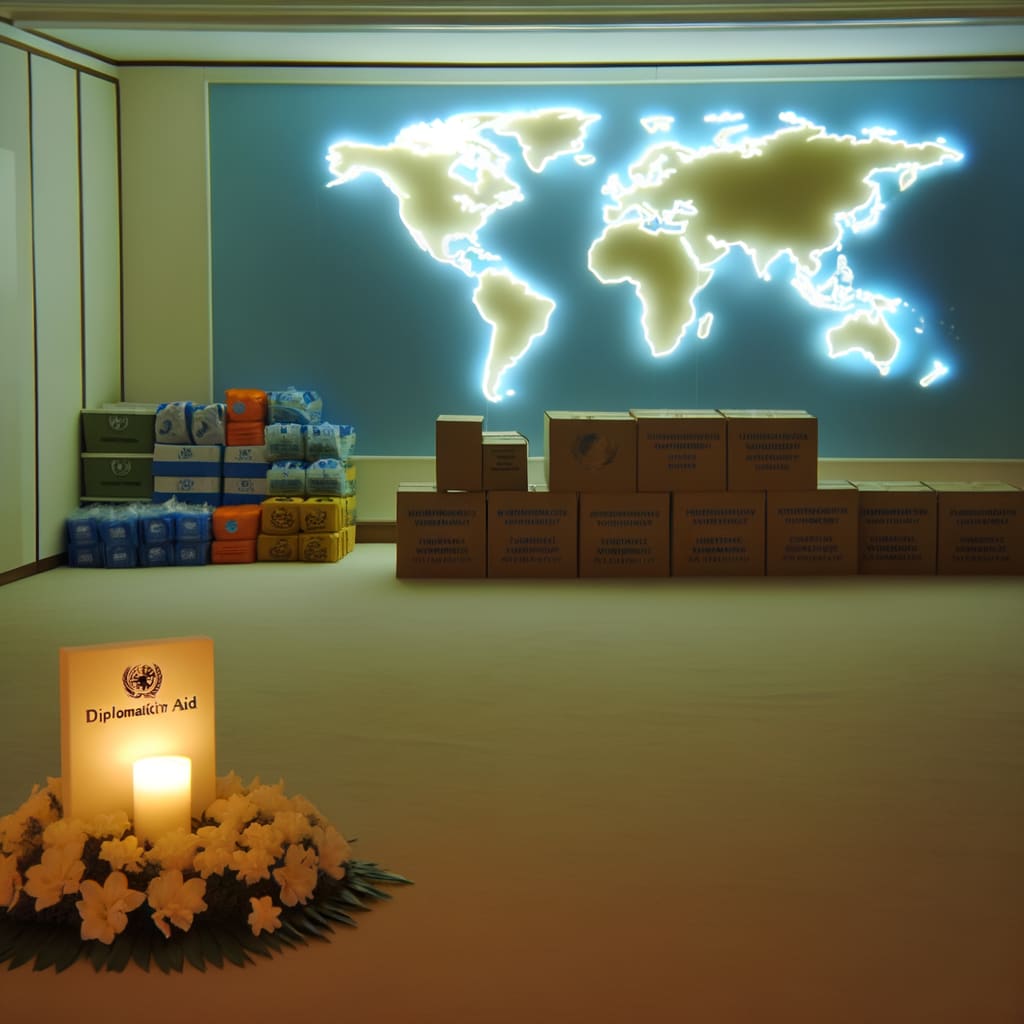Israel-Hamas Conflict: Rising Tensions, Humanitarian Crisis, and the Dire Need for Ceasefire
The ongoing conflict between Israel and Hamas in Gaza has escalated to alarming levels, with the death toll reaching 62,622 since October 7, 2023, according to the Palestinian Ministry of Health. As Israeli tanks penetrate deeper into Gaza City, the fear of another forced expulsion among Palestinians intensifies, while the Israeli government accelerates its controversial plans for the invasion. Amidst this escalating crisis, international condemnation grows, with critics arguing that Israel's approach to the conflict is damaging its international standing and endangering its own security.
Background of the Conflict
Israel's offensive in Gaza, initiated in response to Hamas' activities on October 7, 2023, has been ongoing for 22 months, leading to a severe humanitarian crisis. The Israeli government, under Prime Minister Benjamin Netanyahu, has approved a project to take control of Gaza City and demolish it both above and below ground. This action has sparked intense criticism from international figures, including Caspar Veldkamp, Dutch Foreign Minister and former ambassador to Israel, who resigned over the weekend after his proposal to ban imports from Israeli settlements in the occupied West Bank was rejected.
Controversial Developments and Diverging Narratives
The Israeli Defense Forces (IDF) have warned that the demolition of Gaza City could take over a year. However, Finance Minister Bezalel Smotrich has reportedly ordered the military to besiege the city, regardless of the humanitarian cost. Meanwhile, Israel's plan to capture Gaza has prompted warnings from experts of increased isolation for the country, with Netanyahu's endorsement of the concept of Greater Israel
seen as undermining trust in peace negotiations.
In the midst of these developments, there have been conflicting reports about a potential hostage deal. IDF chief Eyal Zamir has urged Netanyahu to accept a ceasefire and hostage exchange plan, warning that the planned assault on Gaza City could endanger both captives and soldiers. However, Netanyahu has reportedly thwarted seven ceasefire deals, despite Hamas accepting the key terms, according to a report from Israel's Channel 13 investigative programme.
International Reactions and Implications
The escalating conflict and resulting humanitarian crisis have drawn international attention and condemnation. The Iranian and Iraqi foreign ministers have strongly criticized the Israeli regime's actions, particularly the deprivation of basic necessities in Gaza. Abbas Araghchi, a top Iranian diplomat, has called for urgent action to end the Gaza crisis, emphasizing that it is a global issue requiring international intervention.
The conflict has also had a significant impact on Israel's international standing. According to the New York Times, Israel's campaign in Gaza is turning it into a pariah state, to the point where Israelis might hesitate to speak Hebrew when traveling abroad. Similarly, Murad Sadygzade, an expert on Middle Eastern affairs, has warned that Israel's plans for Gaza could lead to increased isolation for the country.
Current Status & Calls for Ceasefire
As the conflict continues to escalate, calls for a ceasefire are growing louder both domestically and internationally. Despite this, the Israeli security cabinet is expected to meet on August 26 to discuss the situation in Gaza, with no clear indication of whether a Hamas-approved phased deal will be on the agenda.
There are fears that the situation in Gaza will continue to deteriorate if immediate action is not taken. With the increasing death toll, rising tensions, and the dire humanitarian crisis, the urgent need for a resolution to the Israel-Hamas conflict has never been more apparent.

